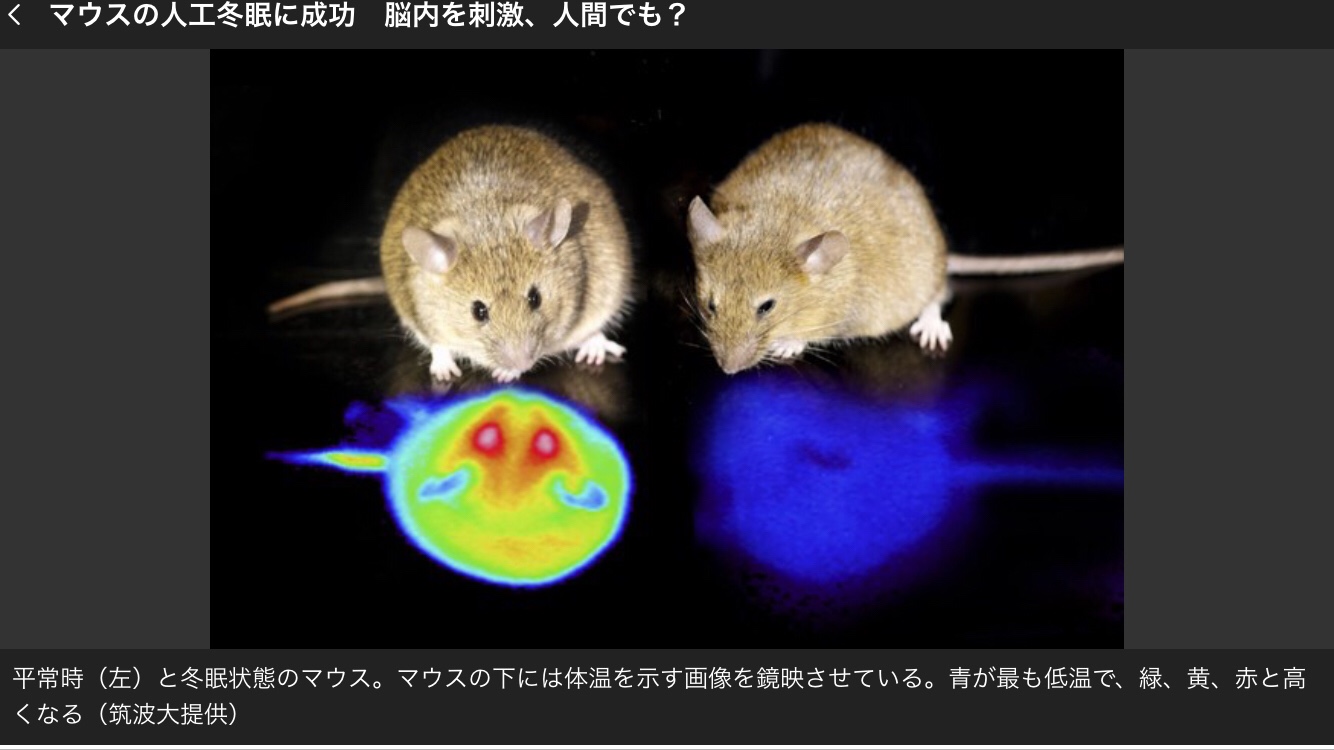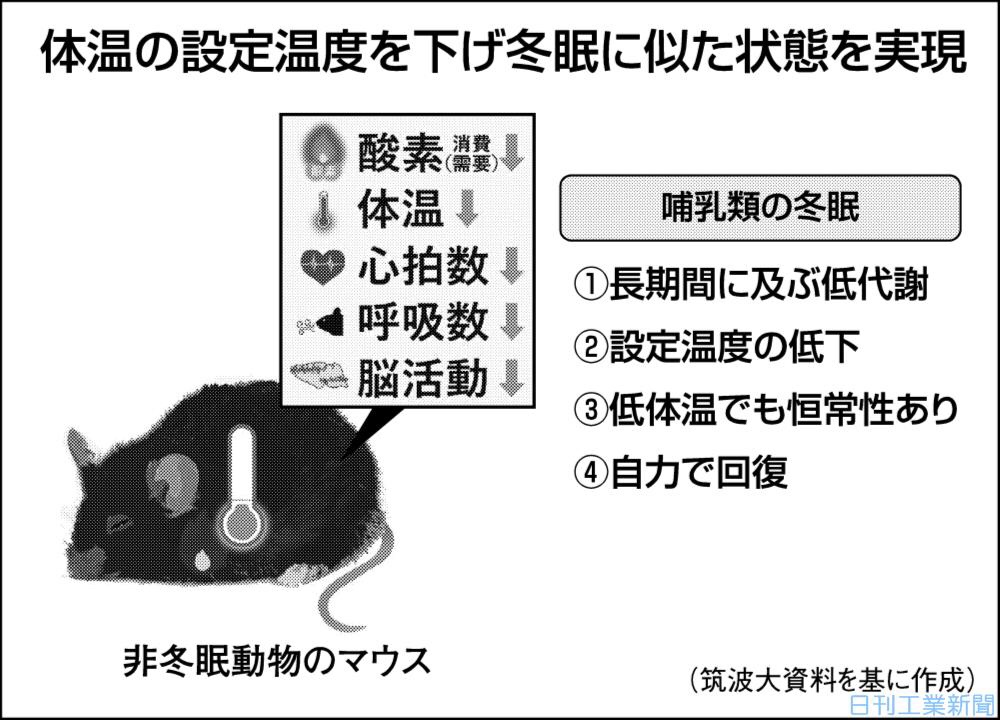

Neuroscience: Identifying a mammalian ‘snooze button’
Nature
June 11, 2020
Neuronal circuits that can trigger a state similar to hibernation in rodents are identified in two studies published in Nature this week.
Artificial induction of a hibernation-like state could eventually have potential medical applications for humans, although this effect has not been tested in people.
Hibernating animals
can lower their body temperature to reduce energy expenditure during times of limited food availability, such as the winter.
Previous research
has implicated the central nervous system in the regulation of hibernation, but the precise mechanisms involved have been unclear.
In an independent study, Michael Greenberg and colleagues
identify a population of neurons within the hypothalamus that regulate torpor in mice.
They demonstrate that stimulating these neurons can drive a mouse to the torpor state, even when there is no shortage of food.
The role of these neurons is confirmed by blocking their activity, which prevents natural torpor from being initiated.
These findings help us to understand the neuronal processes that regulate hibernation-like states.
Sakurai and colleagues suggest that
these neuronal circuits may be conserved in a broad range of mammals, even in non-hibernating species, and posit that it might be possible to selectively manipulate Q neurons.
Inducing a state of synthetic hibernation in humans could have the potential to reduce tissue damage after illness or preserve organs for transplantation, although this is currently speculative.
Nature | Nature Research
https://www.natureasia.com/en/research/highlight/13350/
A discrete neuronal circuit induces a hibernation-like state in rodents
Published: 11 June 2020
Tohru M. Takahashi, Genshiro A. Sunagawa, […]Takeshi Sakurai
Nature (2020)Cite this article
Abstract
- Hibernating mammals actively lower their body temperature to reduce energy expenditure when facing food scarcity1.
- This ability to induce a hypometabolic state has evoked great interest owing to its potential medical benefits2,3.
Here we show that a hypothalamic neuronal circuit in rodents induces a long-lasting hypothermic and hypometabolic state similar to hibernation.
In this state, although body temperature and levels of oxygen consumption are kept very low, the ability to regulate metabolism still remains functional, as in hibernation4.
There was no obvious damage to tissues and organs or abnormalities in behaviour after recovery from this state.
Our findings could enable the development of a method to induce a hibernation-like state, which would have potential applications in non-hibernating mammalian species including humans.